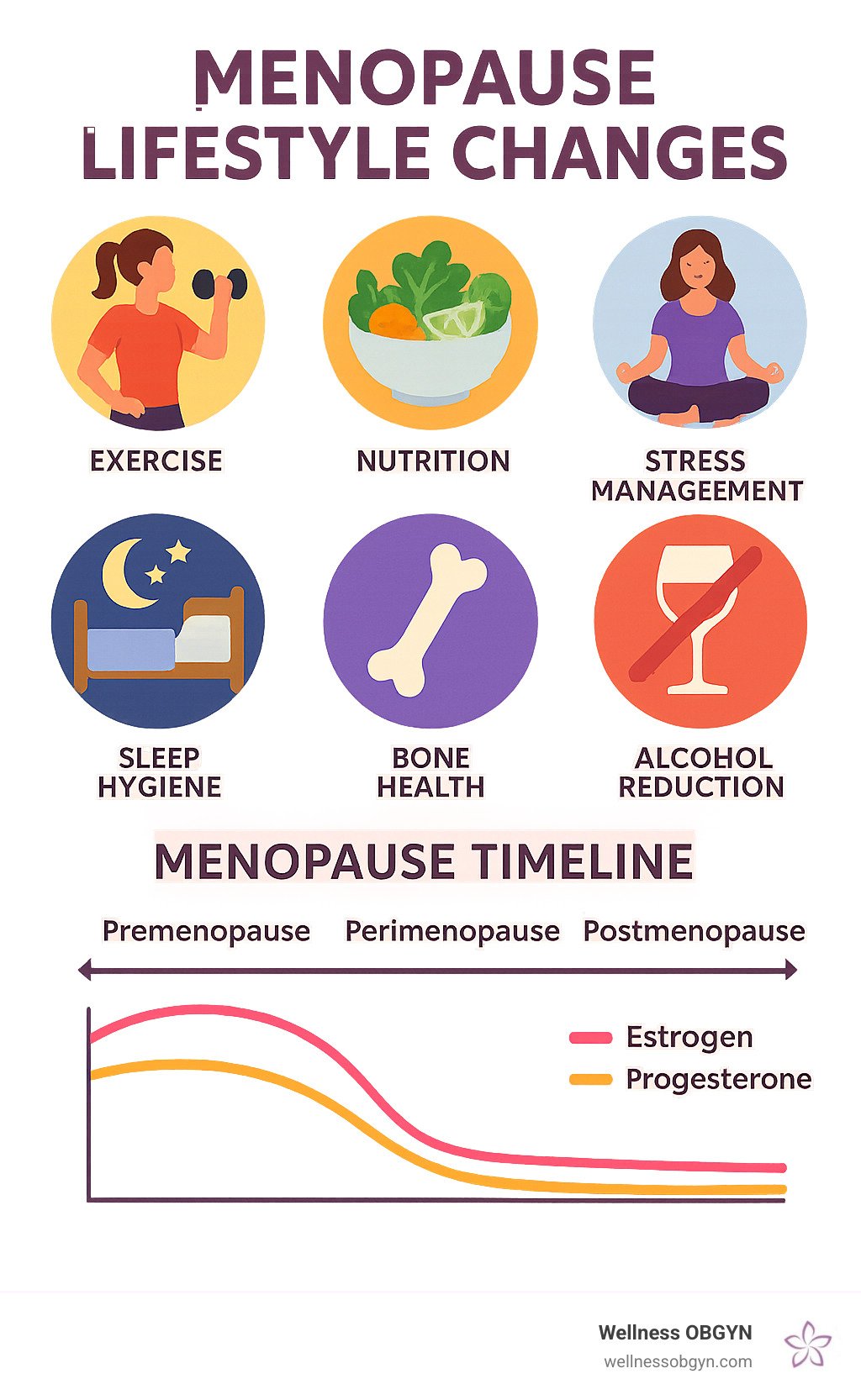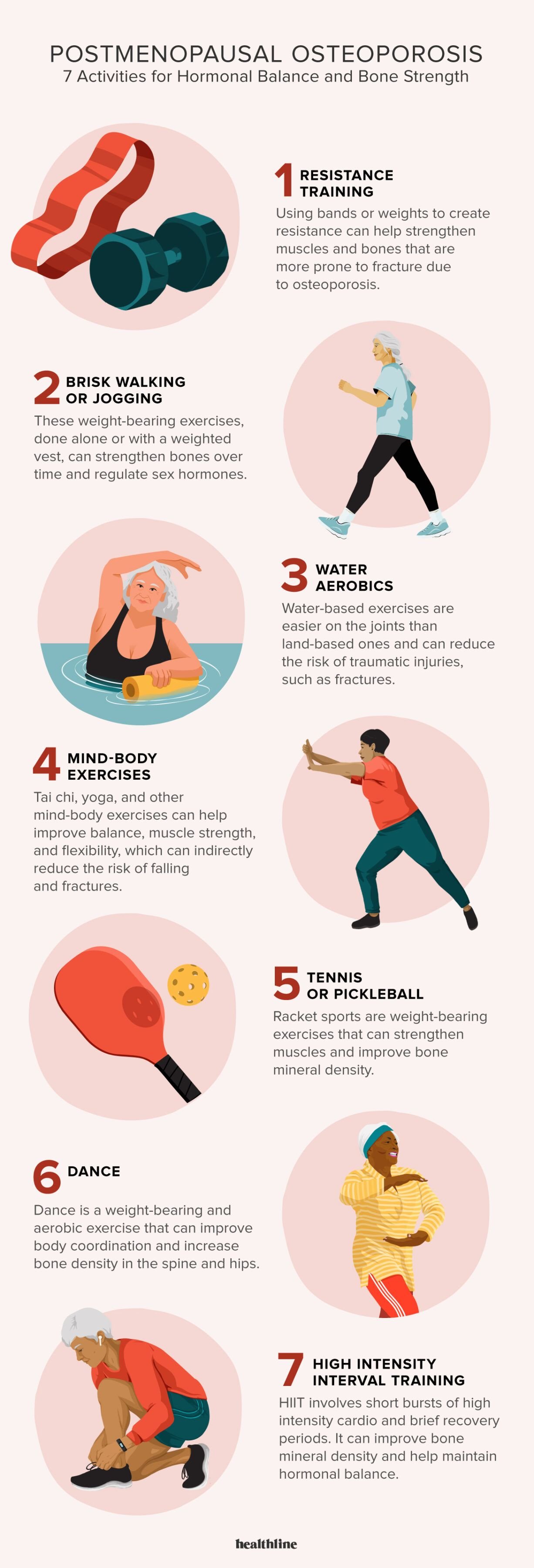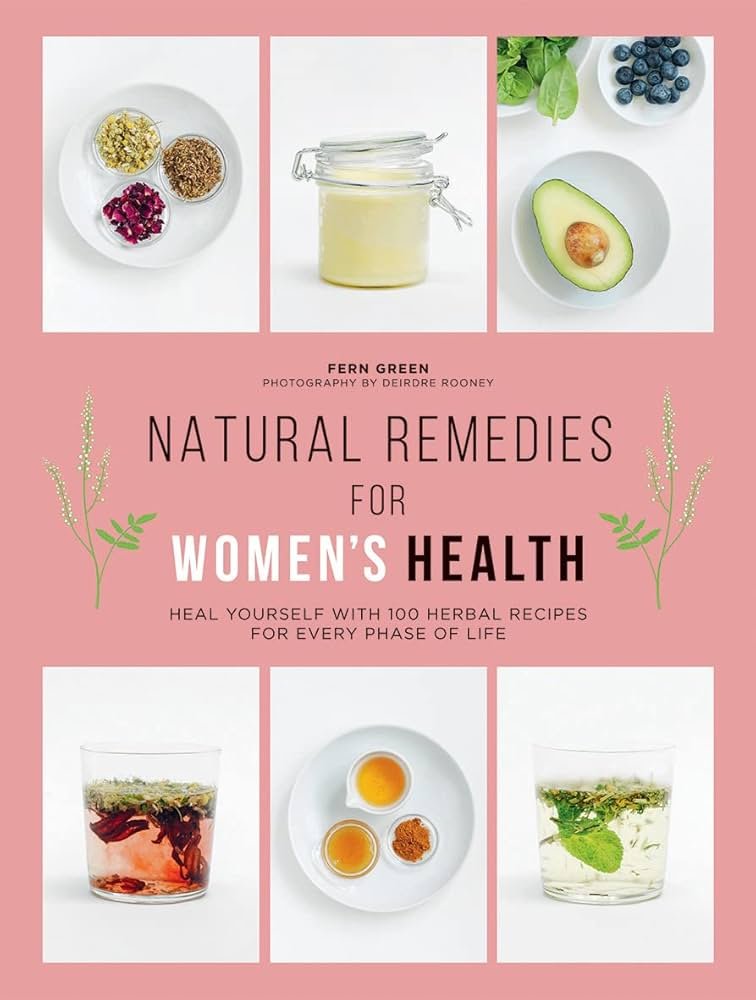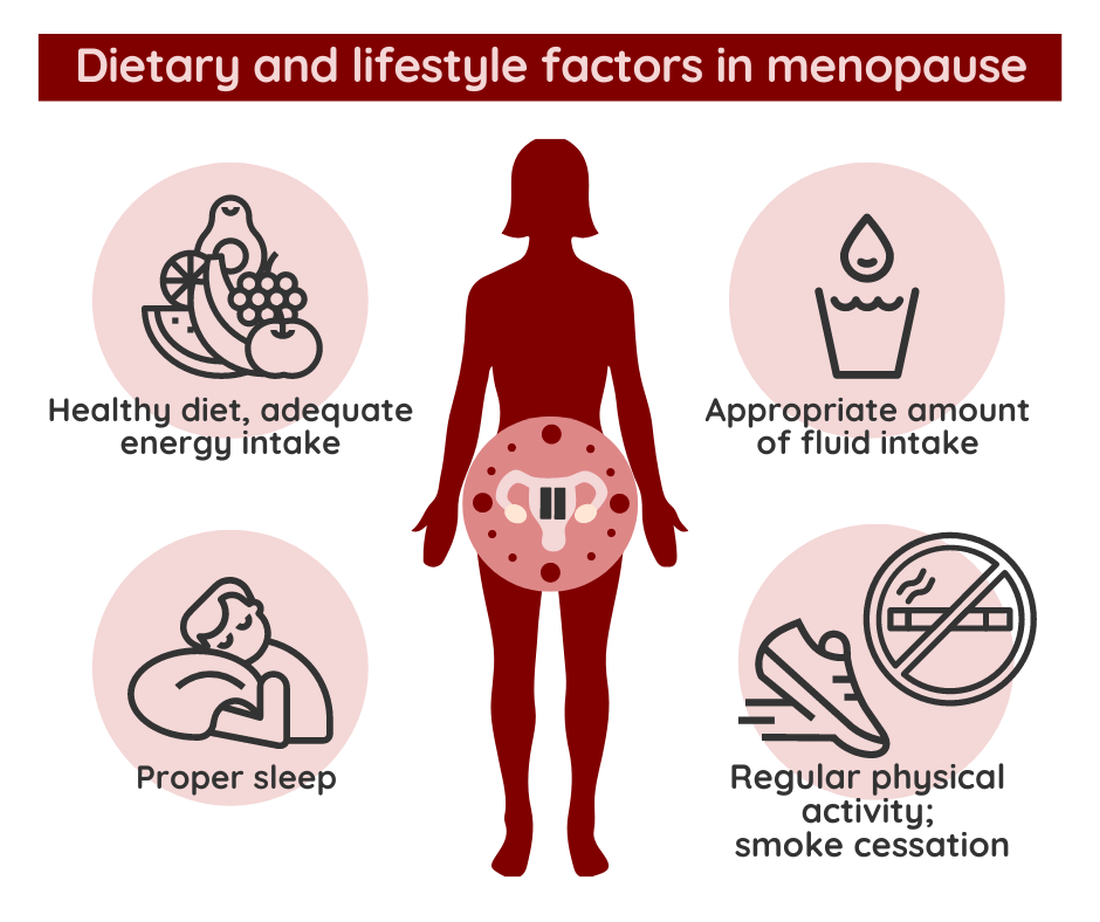
Postmenopause marks a significant transition in a woman's life, representing the period after menstruation has permanently ceased. While this natural biological process brings relief from monthly cycles, it also introduces new health considerations that require attention and proactive management. Understanding how to support your body during this phase is crucial for maintaining optimal health, vitality, and quality of life.
The postmenopausal period, which begins 12 months after your last menstrual period, can last for decades. During this time, the dramatic decrease in estrogen and progesterone levels affects multiple body systems, from bone density and cardiovascular health to cognitive function and emotional well-being. However, with the right knowledge and strategies, women can not only manage these changes effectively but also thrive during their postmenopausal years.
Understanding Postmenopausal Changes
The hormonal shifts that occur during postmenopause create a cascade of physiological changes throughout the body. Estrogen, which previously provided protective benefits for the heart, bones, and brain, is now produced in much smaller quantities. This reduction impacts various aspects of health and requires a comprehensive approach to wellness.

Key Health Considerations in Postmenopause
- Bone Health: Decreased estrogen accelerates bone loss, increasing the risk of osteoporosis and fractures
- Cardiovascular Health: Higher risk of heart disease and stroke due to changes in cholesterol levels and blood vessel function
- Metabolic Changes: Slower metabolism and changes in body composition, often leading to weight gain
- Cognitive Function: Potential changes in memory, concentration, and mental clarity
- Sleep Quality: Disrupted sleep patterns and increased risk of sleep disorders
- Emotional Well-being: Mood fluctuations, anxiety, and increased risk of depression
Did You Know?
Women can lose up to 20% of their bone density in the first 5-7 years after menopause due to declining estrogen levels. This makes early intervention crucial for long-term bone health.
Natural Approaches to Postmenopausal Wellness
While hormone replacement therapy (HRT) remains an option for some women, many prefer natural approaches to managing postmenopausal health. These evidence-based strategies can significantly improve quality of life and reduce the risk of age-related health conditions.

Nutritional Support for Hormonal Balance
Proper nutrition plays a fundamental role in supporting postmenopausal health. Certain foods and nutrients can help mitigate symptoms and reduce disease risk:
- Phytoestrogens: Found in soy products, flaxseeds, and legumes, these plant compounds can provide mild estrogenic effects
- Calcium and Vitamin D: Essential for bone health, with recommended daily intake of 1,200mg calcium and 800-1,000 IU vitamin D
- Omega-3 Fatty Acids: Support cardiovascular and brain health while reducing inflammation
- Antioxidants: Protect against cellular damage and support overall health
- Fiber: Helps maintain healthy weight and supports digestive health
The Power of Physical Activity
Regular exercise is one of the most effective interventions for postmenopausal health. A well-rounded fitness program should include:
- Weight-bearing exercises: Walking, dancing, and resistance training to maintain bone density
- Cardiovascular exercise: 150 minutes of moderate-intensity activity per week for heart health
- Flexibility and balance training: Yoga and tai chi to prevent falls and maintain mobility
- Strength training: At least twice weekly to preserve muscle mass and boost metabolism

Herbal and Supplemental Support
Several natural supplements have shown promise in supporting postmenopausal health. While it's important to consult with healthcare providers before starting any supplement regimen, research supports the use of certain botanicals and nutrients:
Evidence-Based Natural Remedies
- Black Cohosh: May help reduce hot flashes and mood symptoms
- Red Clover: Contains isoflavones that may support hormonal balance
- Evening Primrose Oil: May help with mood and skin health
- Magnesium: Supports bone health, sleep quality, and muscle function
- Vitamin B Complex: Essential for energy metabolism and nervous system function
Safety First
Always consult with a healthcare provider before starting any new supplement regimen, especially if you're taking medications or have existing health conditions. Natural doesn't always mean safe for everyone.
Lifestyle Strategies for Optimal Health
Beyond nutrition and exercise, several lifestyle factors significantly impact postmenopausal health and well-being:
Stress Management
Chronic stress can exacerbate postmenopausal symptoms and increase disease risk. Effective stress management techniques include:
- Meditation and mindfulness practices
- Deep breathing exercises
- Regular social connections
- Engaging in hobbies and creative activities
- Professional counseling when needed
Sleep Optimization
Quality sleep becomes increasingly important during postmenopause. Strategies for better sleep include:
- Maintaining a consistent sleep schedule
- Creating a cool, dark sleeping environment
- Limiting caffeine and alcohol intake
- Establishing a relaxing bedtime routine
- Managing night sweats through appropriate sleepwear and bedding

Building Your Postmenopausal Wellness Plan
Creating a comprehensive wellness plan for postmenopause involves integrating multiple strategies tailored to your individual needs, preferences, and health status. This personalized approach ensures the best outcomes for your unique situation.
Working with Healthcare Providers
Regular health screenings become increasingly important during postmenopause. Essential assessments include:
- Bone density scans (DEXA) every 1-2 years
- Cardiovascular risk assessments
- Regular mammograms and gynecological exams
- Blood pressure and cholesterol monitoring
- Diabetes screening
- Mental health evaluations
Ready to Take Control of Your Postmenopausal Health?
Discover how Menovelle can support your journey through menopause and beyond with our scientifically-formulated natural supplement designed specifically for women's hormonal health.
Try Menovelle TodayThe Future of Postmenopausal Health
As our understanding of postmenopausal health continues to evolve, new research is revealing innovative approaches to supporting women during this life stage. From personalized nutrition based on genetic profiles to advanced hormone testing and targeted therapies, the future holds promise for even more effective and individualized care.
The key to thriving in postmenopause lies in taking a proactive, holistic approach that addresses the interconnected aspects of physical, mental, and emotional health. By implementing evidence-based strategies and working closely with healthcare providers, women can not only manage the challenges of postmenopause but also embrace this phase of life with confidence and vitality.
Embracing the Journey
Postmenopause represents a time of freedom and new possibilities. With the right support, knowledge, and tools, this phase of life can be one of the most fulfilling and empowering periods in a woman's journey. Remember that every woman's experience is unique, and what works for one person may not work for another. The key is to remain patient, stay informed, and be willing to adjust your approach as needed.
By prioritizing your health, staying connected with supportive communities, and maintaining a positive outlook, you can navigate postmenopause successfully and enjoy the many years ahead with optimal health and well-being.